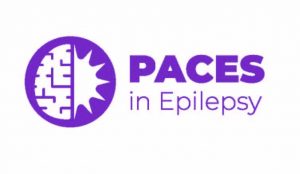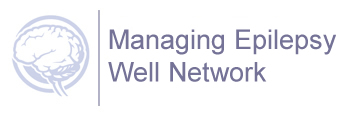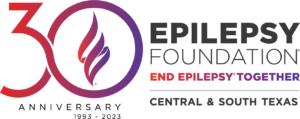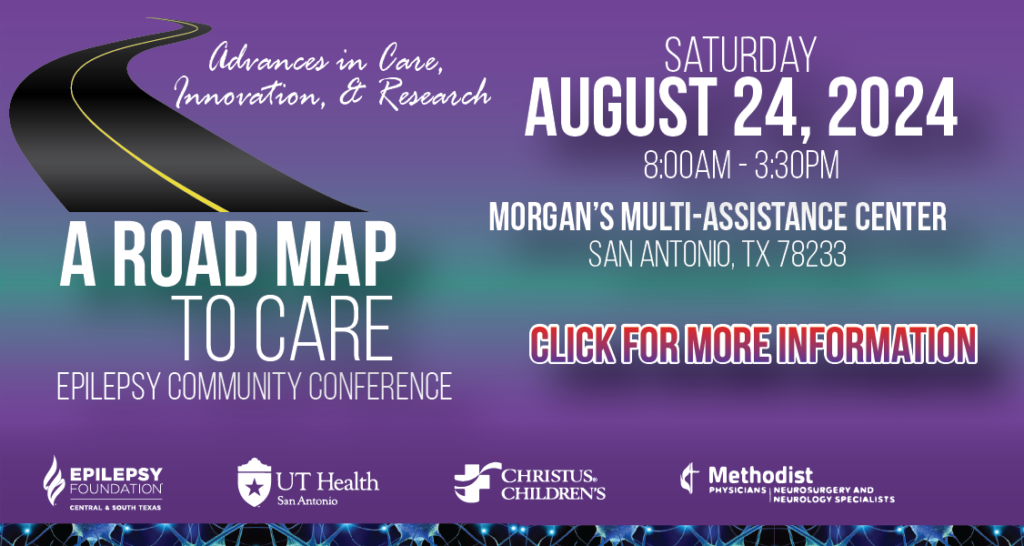To sign up for the PACES in Epilepsy Program, click the button below to fill out registration form. For more information, contact us through our online form or by phone at (210) 653-5353.
What is PACES?
How does PACES work?

Interested in Joining?
A study conducted by the University of Washington Epilepsy Center/Health Promotion Research Center showed that the PACES program significantly improved quality of life, mood, epilepsy self-efficacy, and epilepsy self-management. PACES is an eight-session epilepsy self-management program developed with direct input from adults with epilepsy at the University of Washington Epilepsy Center/Health Promotion Research Center and subject to randomized control evaluation with funding from the Centers for Disease Control (CDC).





